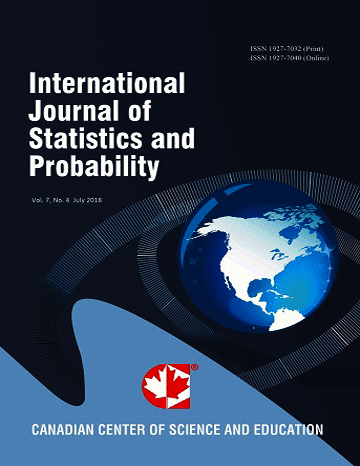Imaginary Number Probability in Bayesian-type Inference
- Richard Douglas
Abstract
Doubt, choice and probability.Bayesian probability computation is the most significant approach in complex maths interesting for all logicians to understand. And its computation and reasoning set us new priorities in further attempts to develop a more human-type reasoning, where 'possible' and 'probable' scales are matched and sorted out on subjective basis.
We use Bayesian computation models, Finetti's principle of free observation, dynamic probability, complex number equations, and other formal-logical principles in order to base our own modeling and sub-branching.
We aim to understand relation of the computation frequency in probability inference and in imaginary probability computation. And how the Bayesian inference principle could be disturbed by the possibilities of artificial 'doubt' of imaginary probability. We try to define the common patterns of complex number behavior in probability modeling, and the modeling of such probability in $i$ numbers, so we could say one day that the probability of having a cancer is 1.99 in for 100, and the hypothetical probability of it is none (0).
The same subjective manner same subjective manner of a culprit who prefers an idea, or an image over logic, undertaking it as a guidance for his actions; a magnificent specter of a writer, a diamond of an artist and all those things which lure them all to the same jail of a culprit - the split of decision.
- Full Text:
 PDF
PDF
- DOI:10.5539/ijsp.v4n4p51
Index
- ACNP
- Aerospace Database
- BASE (Bielefeld Academic Search Engine)
- CNKI Scholar
- DTU Library
- Elektronische Zeitschriftenbibliothek (EZB)
- EuroPub Database
- Excellence in Research for Australia (ERA)
- Google Scholar
- Harvard Library
- Infotrieve
- JournalTOCs
- Mir@bel
- Open policy finder
- ResearchGate
- Technische Informationsbibliothek (TIB)
- UCR Library
- WorldCat
Contact
- Wendy SmithEditorial Assistant
- ijsp@ccsenet.org
